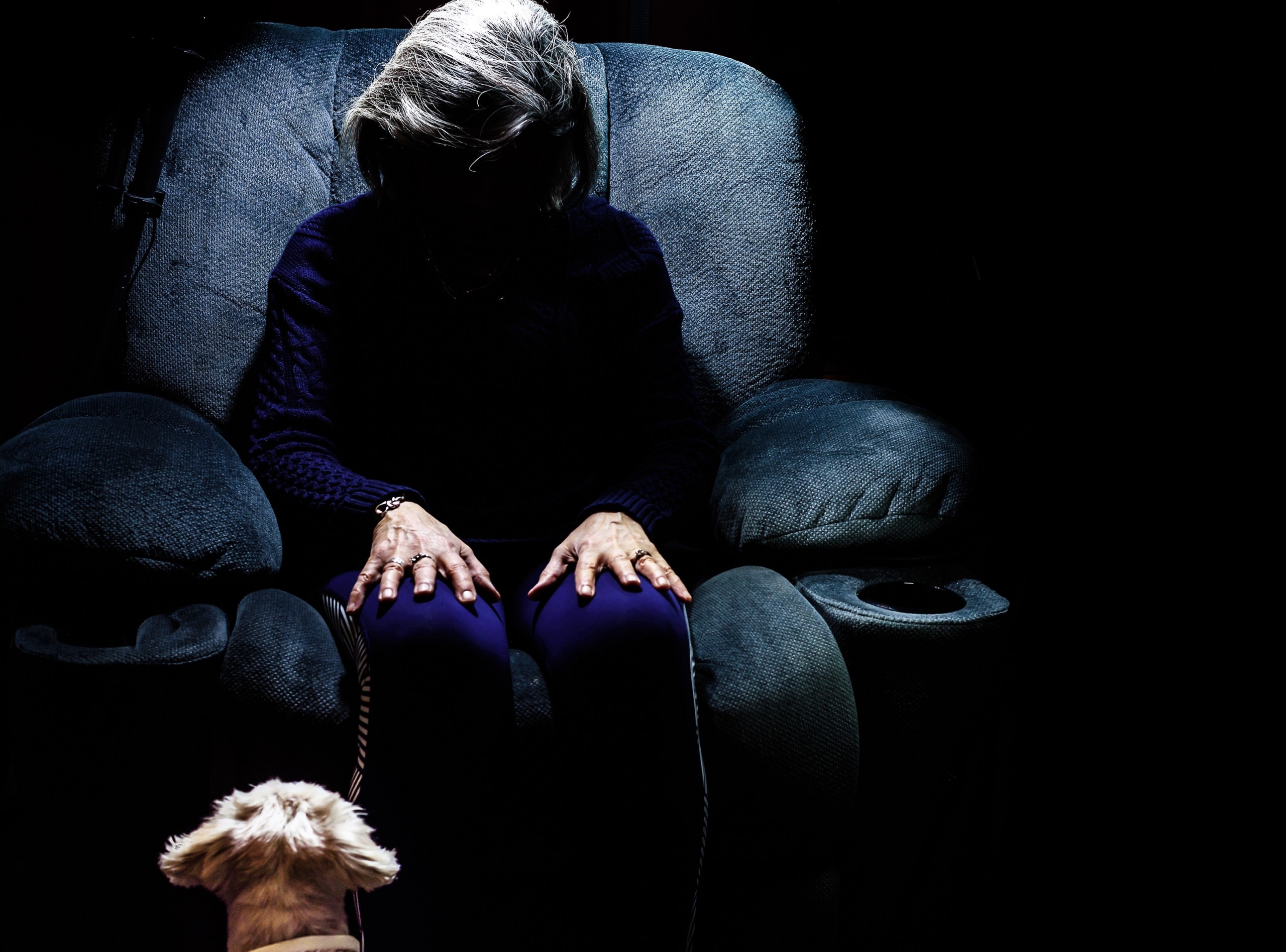The impact of COVID-19 has taken a toll on everyone, but seniors have really faced dire circumstances because of the pandemic and its lasting effects. Many elderly individuals fear the consequences of entering crowded spaces because of how the virus spreads.
While social distancing may have decreased the risk of getting the disease, many older people have started to isolate themselves from everyone because of their apprehension. There are lasting consequences resulting from total isolation, and here’s why seniors need friends, loved ones, and the benefits of social settings.
The Risk of Premature Death
An elderly individual who spends a lot of time alone could die untimely because of a lack of purpose. Once the person stops getting out of the home and spending time with others, the individual may rationalize that there isn’t a reason to carry on or the boredom and loneliness could become too overwhelming. Seniors who are at a more advanced age may give up and stop fighting to stay healthy. In assisted living, residents have many opportunities to cultivate friendships and avoid dying too soon.
Increased Risk of Cognitive Decline
Seniors who are alone the majority of the time are at a greater risk of neurological decline and may develop dementia or Alzheimer’s disease at an earlier age. Studies show that people who are more social and active are happier, healthier, and enjoy improved mental function. With the right community, elderly individuals could find activities that are terrific ways to meet new friends and get out of their home.
Loneliness Could Increase Cardiac Episodes
Cardiovascular disease requires exercise to improve heart function, a special diet to avoid clogged arteries, and many lifestyle changes. Studies show that isolation could exacerbate the person’s symptoms and increase their risk of a heart attack or stroke.
Data shows that loneliness leads to stress, which can increase the risk of hypertension and other developments that accelerate heart disease. Unhealthy coping mechanisms such as smoking and consuming alcohol could also increase these risks, and people who shut themselves off from others are at a higher risk of emerging addictive traits.
Suicide and Depression
Anxiety and depression are leading causes of suicide, and seniors who feel alone and don’t see family or friends often could succumb to these conditions. Social isolation because of COVID-19 risks has led to an increase in mental health cases where the individual suffers from major depression and suicidal thoughts.
Changes in the person’s lifestyle that shut the individual off from the people who matter the most can cause devastation, and for many elderly residents, the feeling of hopelessness could take over. A conscious effort to see loved ones is a must to treat anxiety and depression, especially when the person is experiencing thoughts of self-harm.
Agoraphobic and COVID-19
An increase in mental health cases emerged during the shutdowns throughout the U.S. The effects have caused many older people to develop complicated mental health conditions. Agoraphobia is among the developments that have resulted from the pandemic. The symptoms of the disease cause the patient to fear leaving their home, and with the growing apprehension of contracting the virus, more elderly individuals have been diagnosed.
Great Places for Seniors
Heritage Woods offers extraordinary apartment opportunities for seniors who can live alone. The independent living community provides a wealth of activities for seniors, including all-day dining, laundry services, transportation, social events, and terrific exercise options.
Seniors who choose to live in the area have access to medical services at any time, including rehabilitation and personal training programs. Elderly individuals or families can set up a tour of the community and shared amenities to review the apartments and all options available today.
As the effects of the COVID-19 pandemic continue, a growing number of elderly individuals have become isolated and face declining health. Health studies have shown that social isolation has lasting effects on seniors and could increase the risk of premature death, cardiac episodes, and the emergence of a multitude of mental health conditions.
With shutdowns and forced social distancing, many older individuals were trapped at home and didn’t get to see loved ones and friends as often. Since the visits were few and far between, many of those people have felt hopeless and depressed. Anxiety and apprehension have taken over and caused significant and devastating results.
Studies show older individuals who live in communities where close friendships are possible are healthier and happier, and these people have more chances to socialize without risks. By moving to the properties, elderly people can avoid isolation and exposure to the virus.

